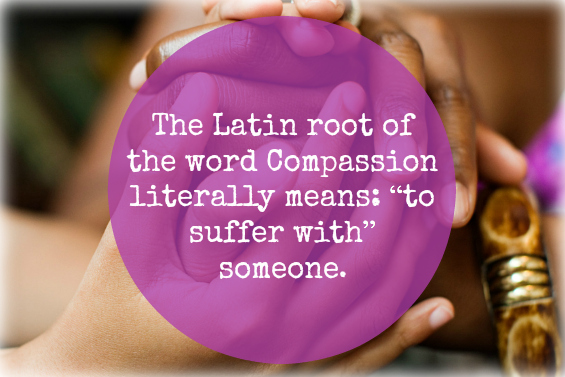What does the word “compassion” mean to you? The Latin root of the word literally means: “to suffer with” someone. In other words, we should be concerned about the plight of others and do something to help them. I would think most Christians would believe that means we should give of our time, our talents, or our treasure to help others. That would certainly include giving our time and money to charity.
Charity is not a government program. Charity is a voluntary gift of time and money to help those in need. Some callers to my radio program want to equate supporting a particular government program (like Obamacare or comprehensive immigration reform) to compassion. That is a misuse of the word.
Arthur Brooks in his book, Who Really Cares, documents the significant divide between liberals and conservatives and between secular people and religious people when it comes to charity. One group talks about compassion and helping the poor and downtrodden. The other group actually gives their time and money.
He found that households headed by a conservative gave on average 30 percent more money to charity than households headed by a liberal. This discrepancy was not due to income differences. It turned out that liberal families earned more each year than conservative families.
He also discovered that registered Republicans were more likely to give than registered Democrats. In his book, he shows two maps: one is the electoral map and the other is a map of charitable giving. People in red states and blue states have very different giving patterns in America.
He also found that the difference goes beyond time and money. Conservative Americans are more likely to donate blood each year. He concludes that if liberals and moderates gave blood at the same rate as conservatives, the blood supply in the United States would jump by 45 percent.
The conclusion is simple. One group may talk about charity and compassion, while the other group actually acts on it.
 Listen Online
Listen Online Watch Online
Watch Online Find a Station in Your Area
Find a Station in Your Area











 Listen Now
Listen Now Watch Online
Watch Online
